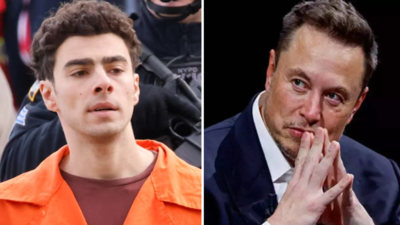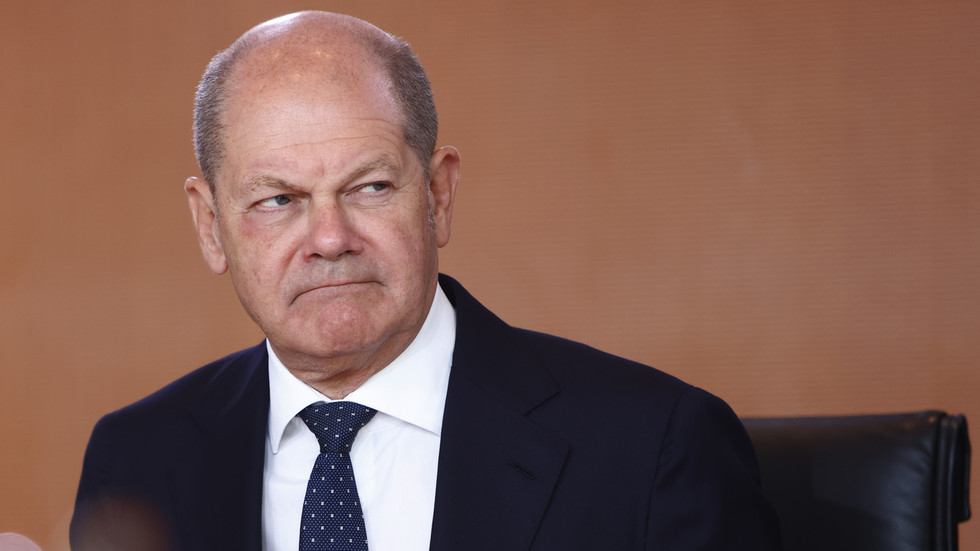
Luigi Mangione and Elon Musk
A viral post on X (formerly Twitter) has ignited a firestorm, with users accusing a social media user of calling for the assassination of billionaire CEO Elon Musk. The controversy comes in the wake of a broader conversation about
CEO accountability
, following the high-profile killing of
UnitedHealthcare CEO Brian Thompson
.
The uproar began when a user named Bill Shea shared a post referencing Musk’s comments on a federal spending bill. Shea’s post included a screenshot from the X account Republicans Against Trump, which read, “Elon Musk is literally everything MAGA Republicans accused George Soros of doing.” Shea added his own caption: “Folks, please do not forget Musk is a CEO of several companies. I say again, he’s a CEO. Do with that information as you will.”
Critics quickly pounced on the post, accusing Shea of indirectly suggesting harm toward Musk. The uproar escalated, with Shea's profile being deactivated shortly after the post went viral, likely due to the barrage of negative attention.
This controversy has unfolded against the backdrop of a growing movement online that has lionized Luigi Mangione, the alleged shooter in the murder of UnitedHealthcare CEO Brian Thompson. The 26-year-old former Ivy League student has become a cult figure in certain corners of the internet, with some justifying his actions as a form of retaliation against the perceived failings of the U.S. healthcare system.
The fascination with Mangione has even spilled into real-life events. A
Mangione lookalike contest was recently held in New York City, where Thompson’s murder took place. Supporters of Mangione argue that his actions have brought attention to systemic issues in the healthcare industry, though critics have condemned any glorification of violence.
Adding fuel to the fire, former Washington Post journalist Taylor Lorenz sparked her own controversy on the platform Bluesky by sharing a celebratory image captioned “CEO DOWN.” Lorenz criticized corporate executives for their role in perpetuating systemic harm, though she clarified that she opposes violence. “I don’t support murder, but I also don’t think it’s wrong to call out the individuals enabling these systems of oppression,” she wrote.
The viral nature of Shea’s post and its perceived endorsement of violence has reignited debates over accountability, free speech, and the role of billionaires in shaping public policy. Musk himself has not commented on the post, but his defenders have called for stricter moderation of violent rhetoric on social media.
As the controversy unfolds, the boundaries between genuine frustration, online satire, and calls for action continue to blur, leaving the internet—and Musk’s supporters—divided.

 1 day ago
4
1 day ago
4









